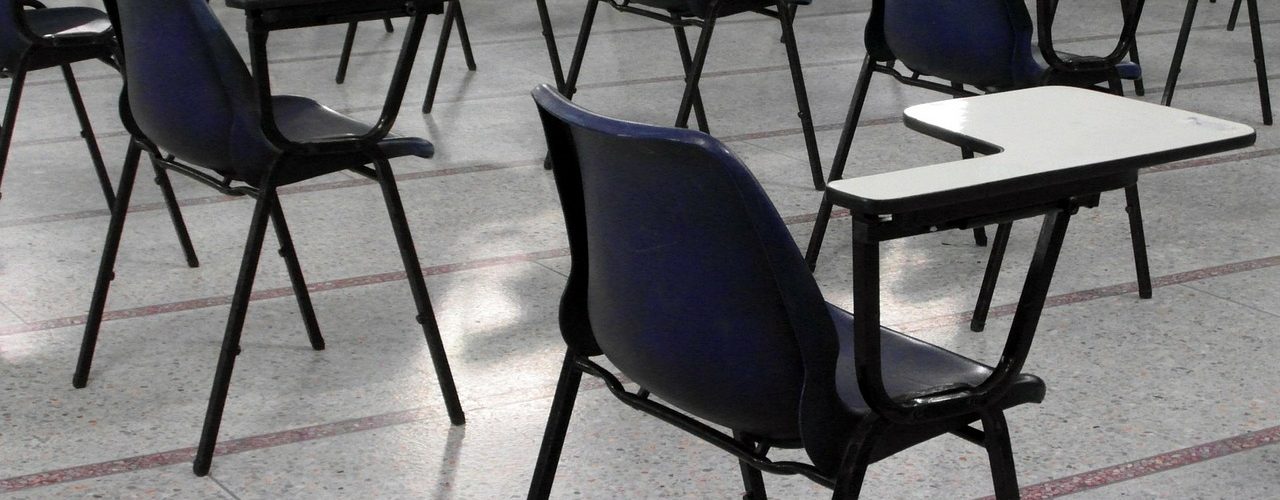A new report from the Arizona Chamber Foundation reveals that the 2018 ballot proposal dubbed as a teacher pay increase could in effect reduce existing education dollars earmarked for teacher salaries and performance bonuses.
The report, released this morning, outlines the financial impact the Invest in Ed ballot initiative will have on existing education dollars enacted by voters through Proposition 301.
The proposal to nearly double the income tax has received attention regarding the negative impacts on small businesses and economic development, but until now there has been little information regarding the impact on existing and future education dollars and where exactly the dollars will end up.
It turns out, the new definition of “teacher” as broadly written in the initiative will reduce the existing Prop 301 dollars slated for teacher salaries. The reason is simple: a larger pool of employees sharing the same amount of money means less for each person.
In 2000, Arizona voters approved Proposition 301, which enacted a .6 percent sales tax to fund a number of educational programs including teacher salaries, performance pay, and university research and workforce development programs at community colleges.
Proposition 301, under the leadership of former Governor Jane Hull, was heralded as a bipartisan and collaborative campaign, which included representatives of the education, business and non-profit communities. The result was the passage of the measure at the ballot box and the extension of the tax by the Arizona legislature this past session.
Although the measure maintains the Proposition 301 funding source, the report notes the ballot initiative “alters distribution of those funds and allows local governing boards to divert existing Proposition 301 dollars away from classroom teacher pay and instructional staff. Further, [the initiative] obscures clear definitions for classroom spending versus administrative spending at the local level.”
“We have found that IIE [Invest in Ed] could have a far-reaching impact on teacher pay, effectively reducing future salaries for Arizona’s classroom teachers,” said Lisa Graham Keegan, Arizona Chamber Foundation Chief Executive. “It’s important that Arizonans understand all of the implications – intended and unintended – of what the initiative’s passage could mean for Arizona teachers.”
The purpose of Proposition 301, and subsequent laws, was to ensure funding made it to the classroom and not administration. The current proposal removes that protection, which could result in a reduction of the dollars available for classroom teachers.
According to the report, “teacher” has historically referred to school staff that provide instruction to students. If the ballot measure passes, local school governing boards will have the authority to change the definition of “teacher” to include non-teaching positions, impacting new education-related dollars and reducing the share of existing Prop 301 Classroom Site Fund dollars dedicated to classroom teachers.
“A larger pool of employees sharing the same amount of money means that if this new definition takes hold, teachers should expect to receive a smaller share of the Proposition 301 revenue than in the past,” the report states.
The risk is that current teachers could potentially see a reduction in their annual Prop 301 earnings if Invest in Ed passes.
















Add comment